Enterprise Risk Management is the immune system of any company, and risk managers need to stop defending it and instead show why it is indispensible, says Volkan Can, enterprise risk manager of a global building materials company, and board member of ERMA, Turkey
In recent years, efforts to justify the existence of Enterprise Risk Management (ERM) have become counterproductive.
Continually defending ERM weakens the profession’s perceived value, making it seem fragile.
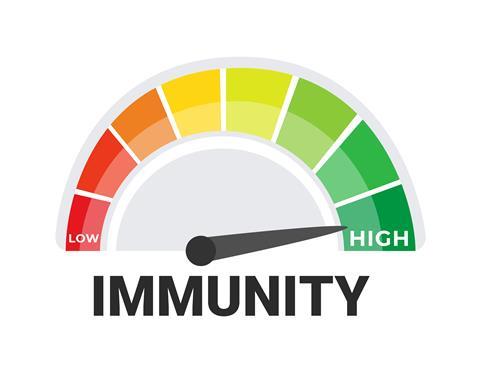
Instead of trying to rationalise ERM’s existence, we must return to its roots and focus on the fundamental reasons why ERM is indispensable, especially in regulated public companies.
ERM serves as more than just a support function for internal company operations; it also acts as a source of assurance for external investors.
As a result, ERM becomes the spokesperson for minority shareholders, ensuring that their interests are protected. However, this role does not mean ERM should act as the company’s “policeman.”
A key dilemma faced by today’s risk professionals is the tension between avoiding the “policeman” label and the temptation to act as client care for internal functions, thereby duplicating operational risk management roles.
These roles often include managing financial risks, liquidity risks, currency risks, receivable risks, and more.
ERM’s primary responsibility
It’s crucial to remember that ERM’s first duty is to assure that these risks are being managed by the first line of defense.
The question then arises: How can ERM leaders act as solution partners without compromising their independence, ensuring that minority shareholders have peace of mind through robust assurance?
The answer can be found in structural functionalism, a metaphor often used in sociology by thinkers such as Emile Durkheim and Herbert Spencer.
These scholars viewed societies as living organisms, where every part has a role in maintaining the whole.
“Companies should keep their immune systems—ERM—flexible and independent”
Similarly, companies can be seen as living entities, and ERM is the immune system of these organisations. When companies attempt to control ERM too rigidly by assigning it specific roles, they risk missing the bigger picture and becoming vulnerable to various threats.
Companies should keep their immune systems—ERM—flexible and independent, allowing them to respond to both risks and opportunities in ways that create value.
Prolonging the conversation around ERM’s existence only detracts from advancing the discipline. Instead, we should focus on addressing real-world challenges.
ERM and Europe’s competitiveness
A prime example of where ERM can make a substantial impact is reflected in Mario Draghi’s recent report on the future of European competitiveness.
The report highlights a stark reality: Europe is under tremendous pressure to recover as global competition intensifies.
Growth rates are lagging, largely due to non-agile bureaucratic systems, democratic challenges, and barriers to free speech.
“A prime example of where ERM can make a substantial impact is reflected in Mario Draghi’s recent report on the future of European competitiveness.”
ERM has the potential to unlock Europe’s true potential by democratising the intellectual capacity within its institutions, which are the cornerstones of any economy.
Sustained innovation and growth can only occur by challenging the status quo and promoting free speech. Draghi’s report draws attention to the innovation and growth gap between the U.S. and Europe, emphasising the need for reforms in governance and organisational culture.
The role of governance and culture
This brings us to the critical comparison between the governance structures and cultures in the U.S. and Europe. Understanding how ERM is positioned in each region could serve as a valuable starting point in bridging this gap.
In the U.S., governance structures often allow for more flexibility and responsiveness, whereas in Europe, bureaucratic hurdles may slow down the innovation process.
Exploring these differences could provide valuable insights into how ERM can be leveraged to promote innovation, governance, and growth across Europe.
Sustainability and risk management
By the way, sustainability is a natural result of how well you manage risks. It’s not something that needs to be pursued as a separate objective.
When risks are effectively managed, sustainable growth and operations are the byproduct.
Therefore, focusing on sound risk management inherently supports sustainability without the need for distinct or parallel initiatives aimed at achieving it separately.
Volkan Can is the enterprise risk manager of a global building materials company, and board member of the Enterprise Risk Management Association of Turkey, ERMA





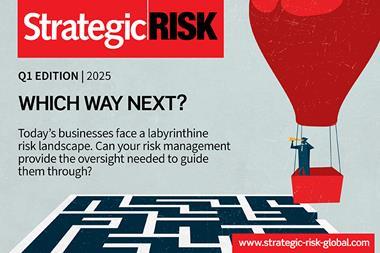

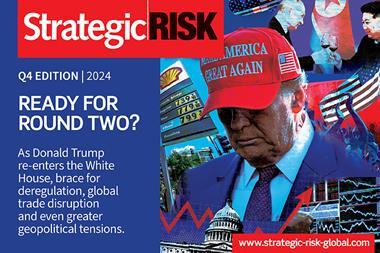

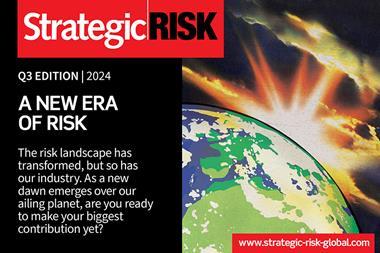
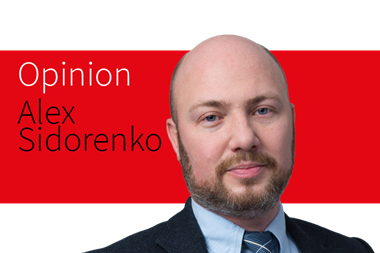



No comments yet